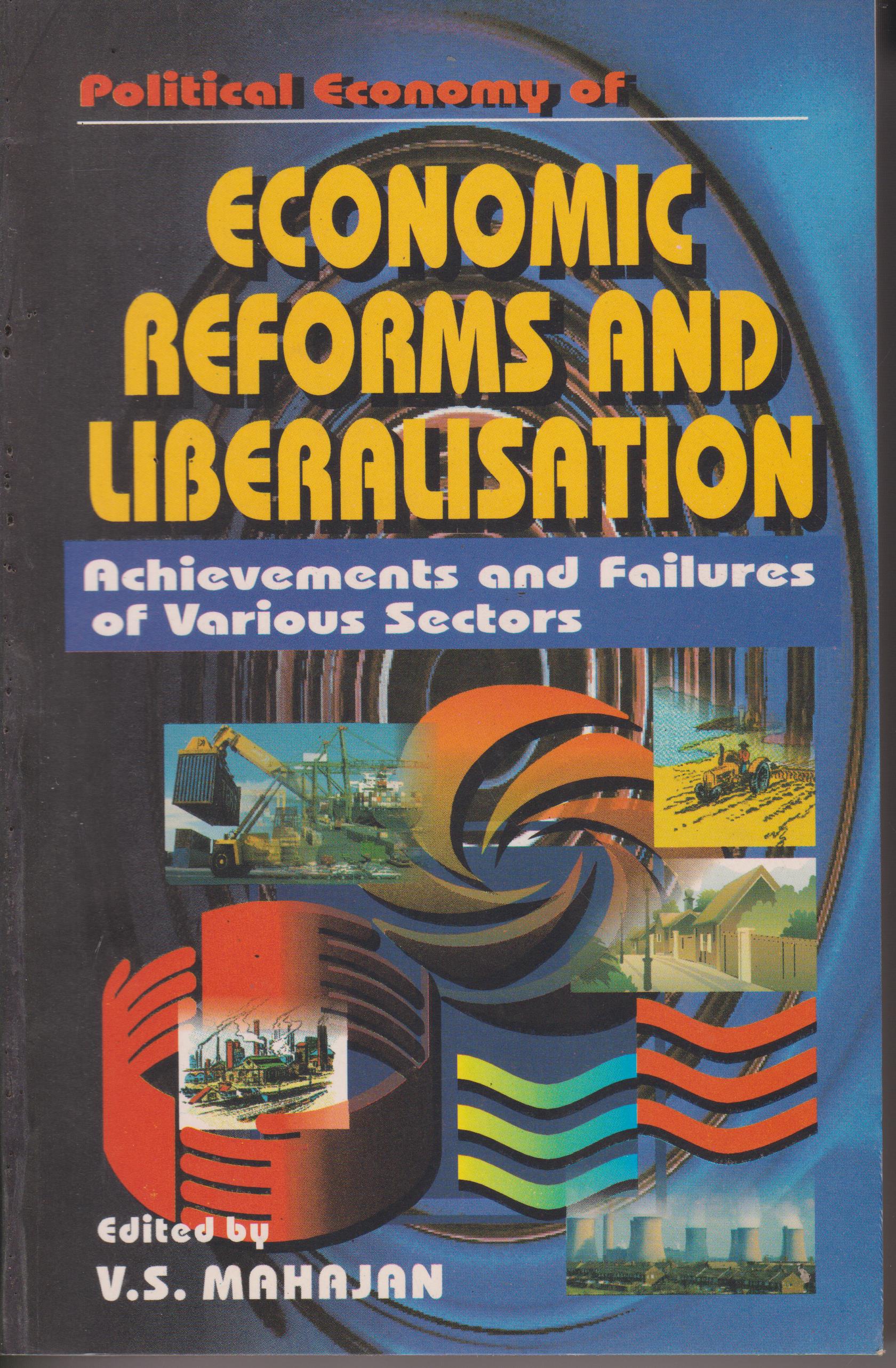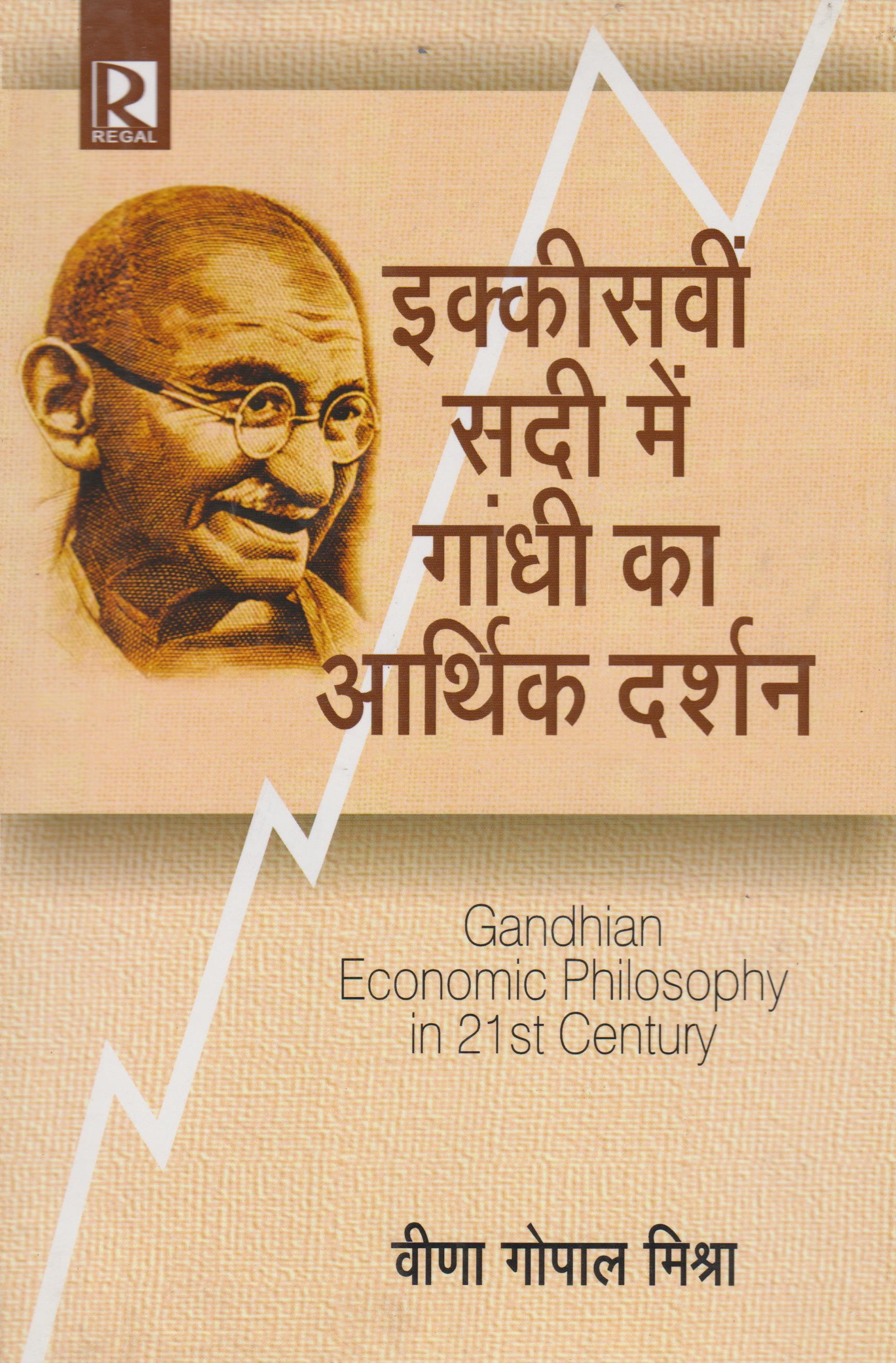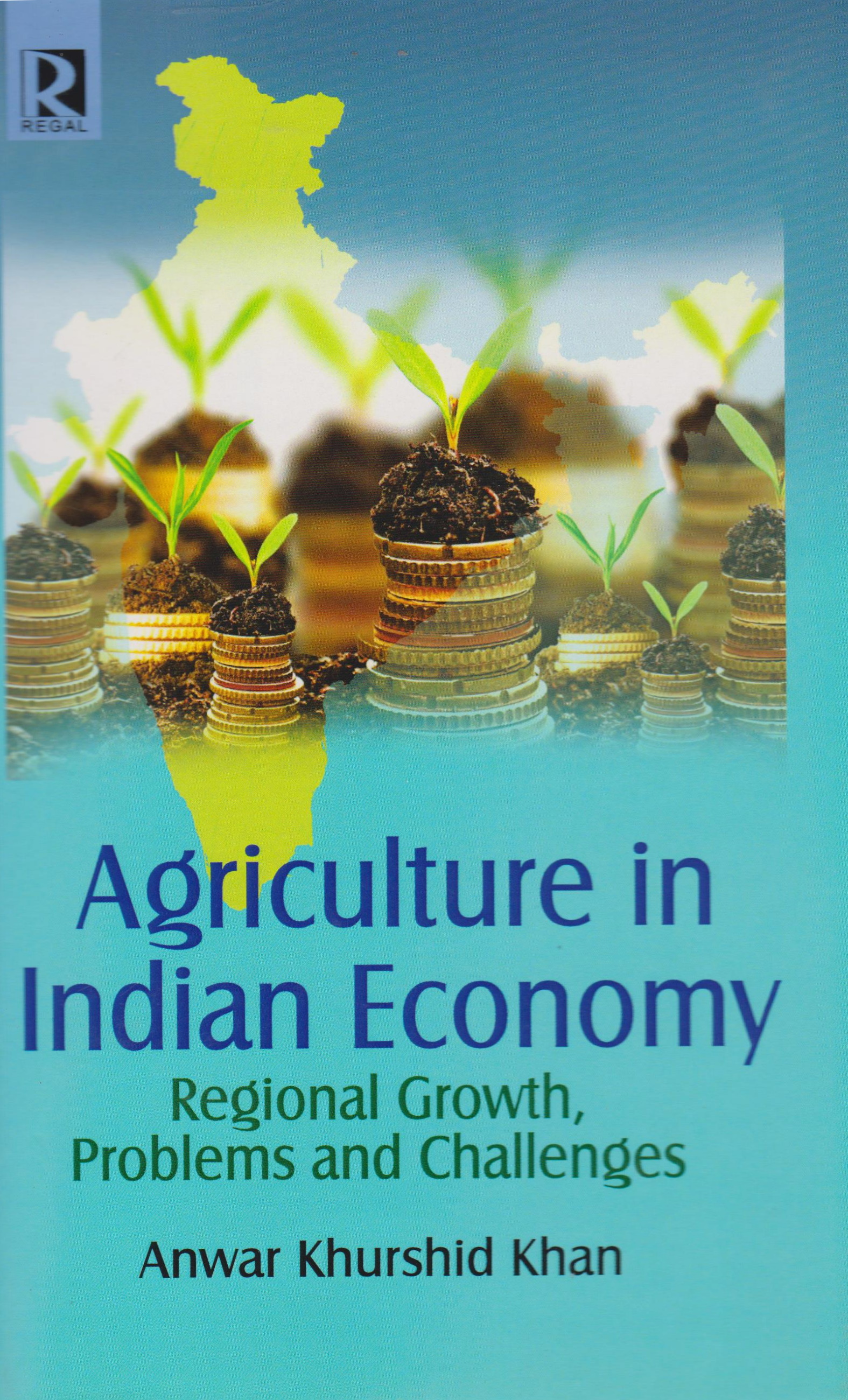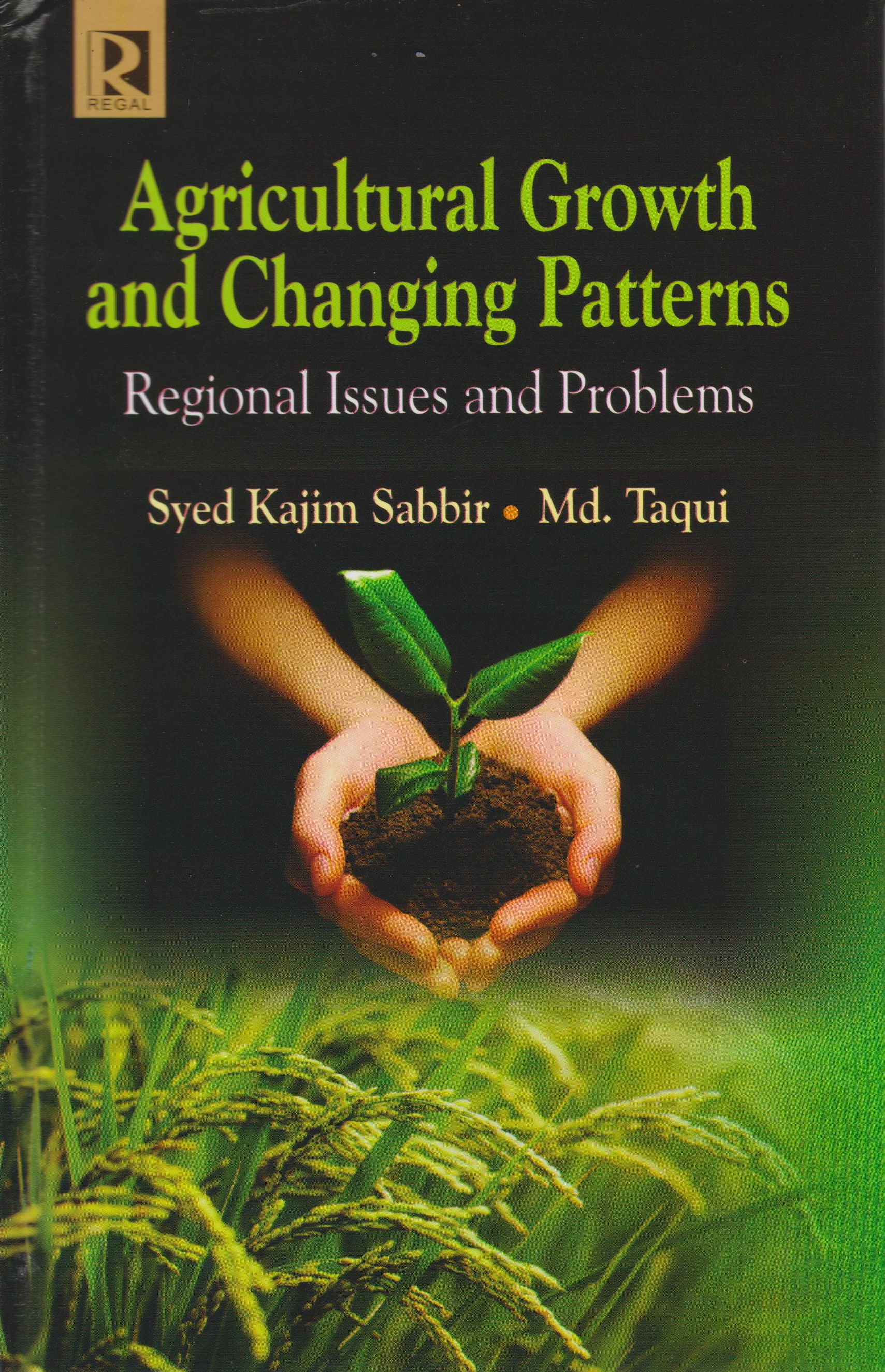Description
Political Economy of Economic Reforms and Liberalisation: Achievements and Failures of Various Sectors” by V S Mahajan is an insightful and comprehensive analysis of the impact of economic reforms and liberalization in different sectors of the economy. Mahajan, a renowned economist and scholar, delves into the intricacies of policy changes and their consequences, providing a nuanced understanding of the successes and failures of liberalization efforts. The book offers an in-depth exploration of various sectors, including agriculture, manufacturing, services, and finance, presenting a balanced perspective on the outcomes of economic reforms. Through meticulous research and data-driven analysis, Mahajan aims to shed light on the complexities of policy-making and their implications for the Indian economy.
In this book review, we will discuss the key aspects of Mahajan’s work, including the summary, analysis and evaluation, comparison, interpretation and themes, characters and characterization, the author’s background, writing style, public opinion, pros and cons, and ultimately, provide a verdict on the book.
Mahajan’s book begins by providing an overview of the economic reforms and liberalization process initiated in India in the early 1990s. He examines the underlying factors that necessitated these reforms, such as the balance of payment crisis, high fiscal deficits, and the need for increased foreign investment. The author then proceeds to analyze the achievements and failures of different sectors in the wake of liberalization.
One of the major sectors explored in the book is agriculture. Mahajan assesses the impact of liberalization on farmers, land reforms, and agricultural productivity. He examines the implementation of policies such as minimum support prices, crop insurance, and contract farming, analyzing their effectiveness in addressing the challenges faced by the agricultural sector.
Moving on to the manufacturing sector, Mahajan investigates the effects of liberalization on industrial growth, employment generation, and technological advancements. He explores the role of foreign direct investment, trade policies, and industrial reforms in shaping the performance of this sector. The author also highlights the challenges faced by small-scale industries and the need for inclusive growth.
In the subsequent chapters, Mahajan focuses on the service sector, including IT, telecommunications, tourism, and healthcare. He analyzes the growth and transformation of these industries, the role of privatization and deregulation, and their impact on employment and consumer welfare. Furthermore, he examines the financial sector, looking into banking reforms, stock market liberalization, and the challenges of managing financial stability and inclusive growth simultaneously.
Mahajan’s analysis of the achievements and failures of economic reforms is commendable. The book presents a balanced perspective, recognizing the positive outcomes while also acknowledging the shortcomings and challenges. The author’s use of statistical data, case studies, and real-life examples adds depth and credibility to his arguments.
One of the book’s strengths is its comprehensive coverage of various sectors. Mahajan ensures that readers gain a holistic understanding of the impact of economic reforms across different areas of the economy. This multidimensional approach allows for a nuanced evaluation of the outcomes, as it takes into account the diverse nature of sectors and their unique challenges.
Additionally, the author’s ability to explain complex economic concepts in a reader-friendly manner is praiseworthy. Mahajan’s lucid writing style makes the book accessible to both experts and general readers interested in understanding the nuances of economic reforms. He avoids unnecessary jargon and provides sufficient background information for readers unfamiliar with the subject matter.
In comparison to other books on the topic of economic reforms and liberalization, Mahajan’s work stands out due to its comprehensive analysis and balanced perspective. While some books tend to present a biased view either in favor or against liberalization, Mahajan avoids such biases and provides a well-rounded assessment of the achievements and failures in various sectors. This approach enhances the book’s credibility and makes it a valuable resource for scholars, policymakers, and students alike.
Throughout the book, Mahajan emphasizes the importance of striking a balance between economic reforms and social welfare. He highlights the need for inclusive growth, where the benefits of liberalization are shared by all sections of society. The author also explores the challenges of managing economic reforms in a diverse and complex country like India, where regional disparities and social inequalities persist. These themes underscore the importance of adopting a holistic approach to policy-making and addressing the socio-economic concerns of the marginalized sections of society.
As a scholarly work on economic reforms, “Political Economy of Economic Reforms and Liberalisation” does not focus on individual characters or engage in characterization in the traditional sense. However, Mahajan draws upon real-life examples and case studies to illustrate the impact of reforms on different stakeholders. These examples humanize the analysis, allowing readers to connect with the experiences of farmers, workers, entrepreneurs, and policymakers affected by the changes.
About the Author:
V S Mahajan is a distinguished economist and academician known for his expertise in the field of political economy. With a distinguished career spanning several decades, Mahajan has contributed significantly to the study of economic reforms and liberalization in India. He has authored numerous publications and has held academic positions in prestigious institutions. His vast experience and deep understanding of the subject matter make him a credible and authoritative voice in the field of political economy.
Mahajan’s writing style is scholarly yet accessible. He presents complex economic concepts in a straightforward manner, making them understandable to readers with varying levels of expertise. The book is well-structured, with each chapter addressing a specific sector and providing a logical flow of ideas. Mahajan incorporates relevant data, case studies, and real-life examples to support his arguments, enhancing the book’s credibility and persuasiveness.
What People Say About This Book:
- “Mahajan’s book offers a comprehensive and insightful analysis of the achievements and failures of economic reforms. It is a must-read for anyone seeking a deeper understanding of India’s liberalization journey.”
- “The author’s balanced perspective and meticulous research make this book an invaluable resource for policymakers, scholars, and students interested in the political economy of India.”
- “I found Mahajan’s book to be highly informative and engaging. His clear writing style and comprehensive analysis make it accessible to a wide range of readers.”










Reviews
There are no reviews yet.